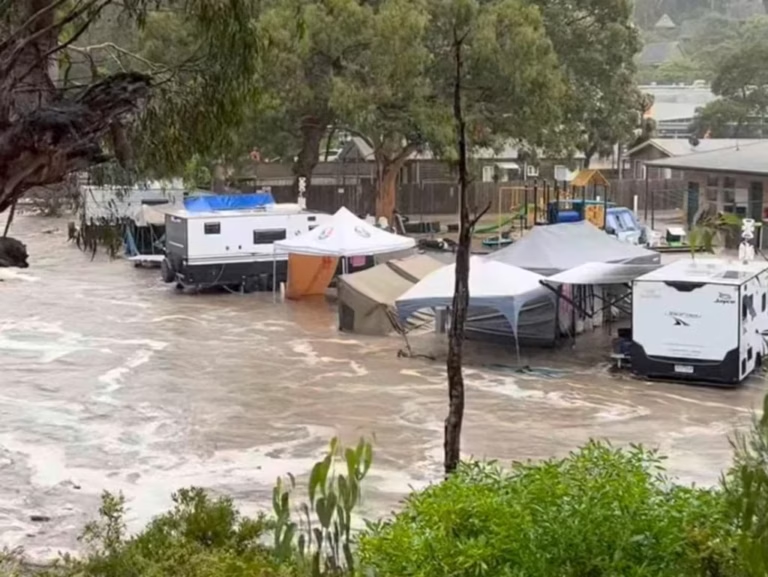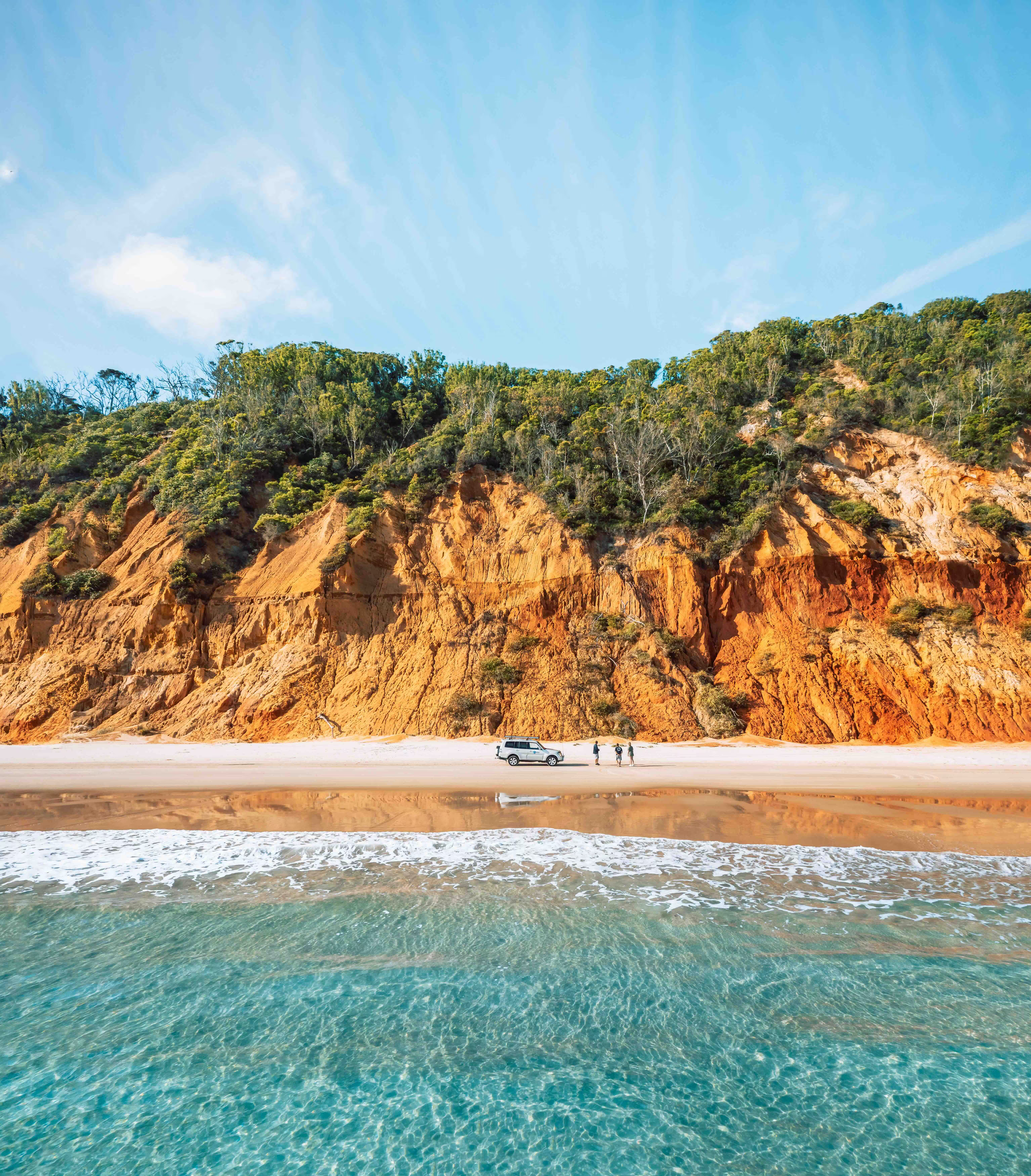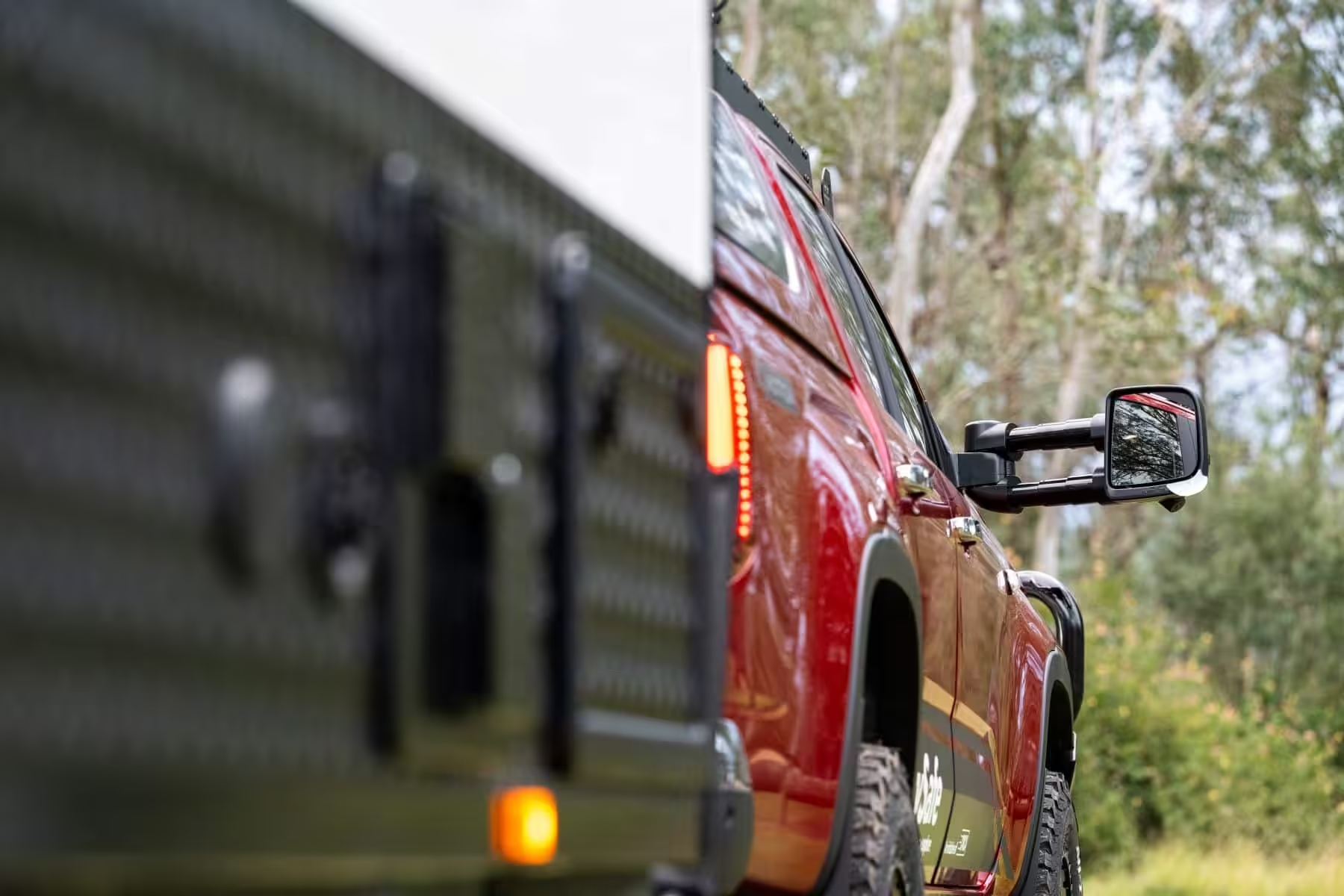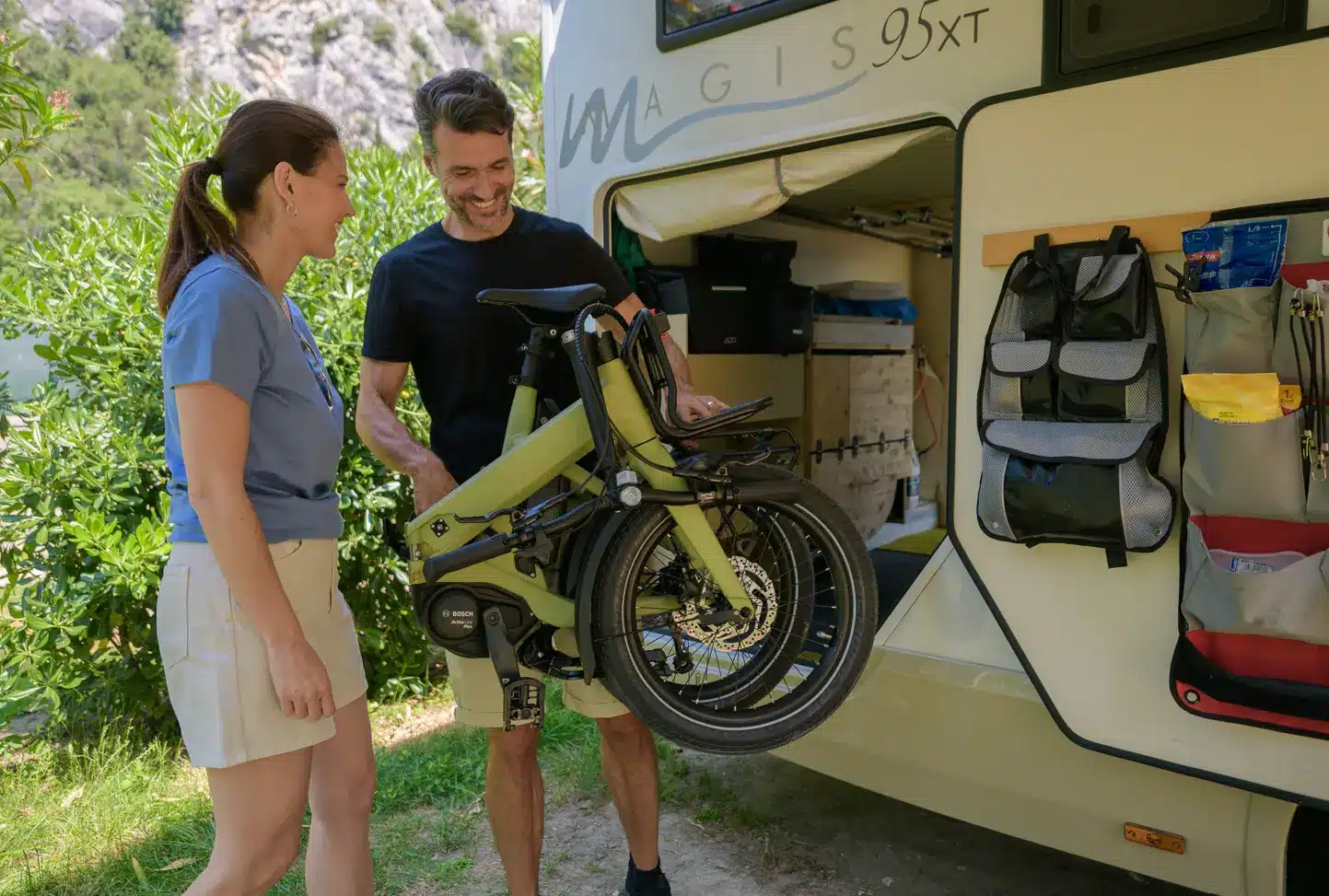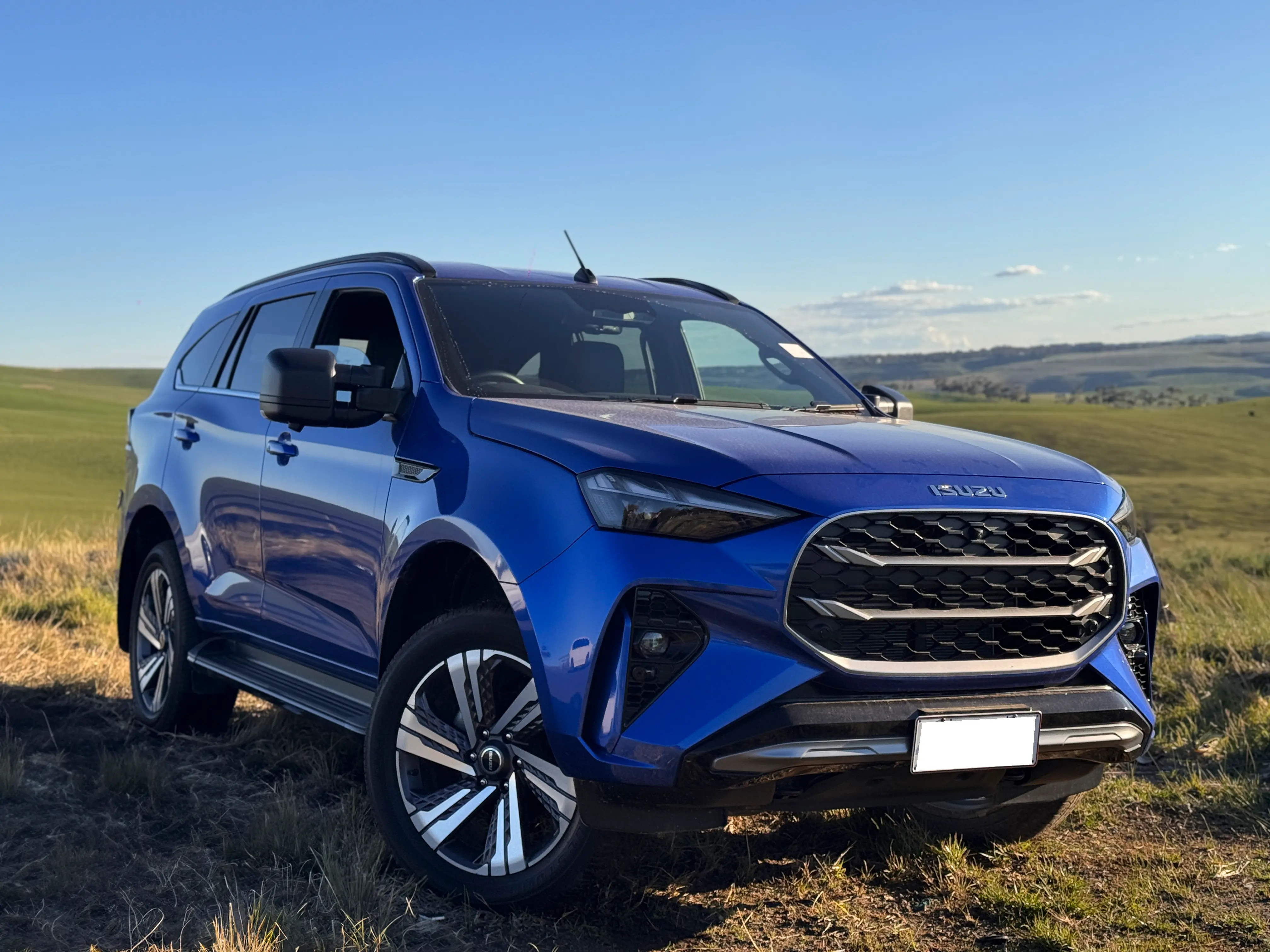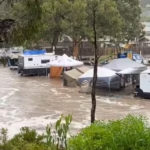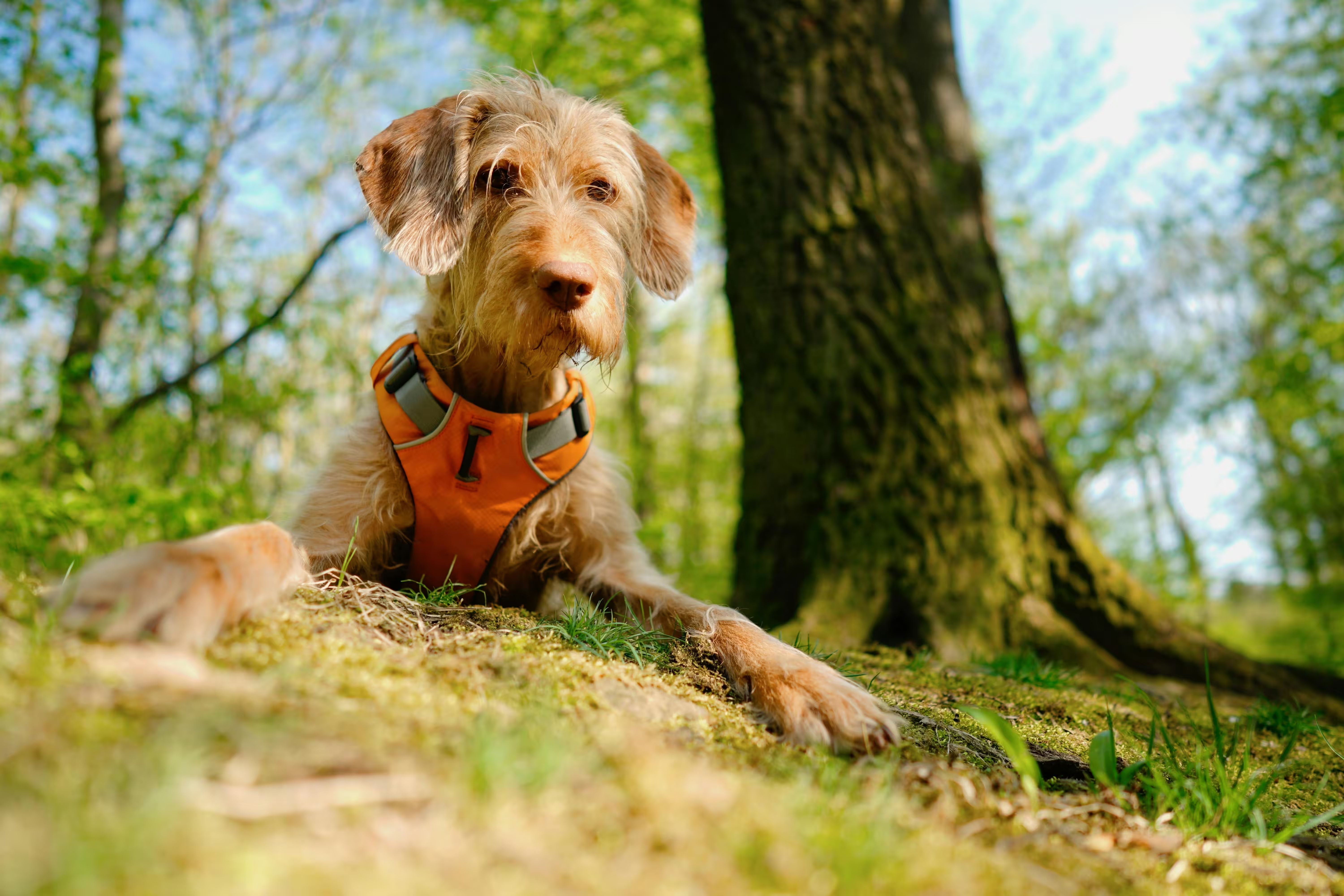
There are plenty of dog-friendly caravan parks and campgrounds around Australia, which is great news for your furry companion. Before you go caravanning or camping with your four-legged friend, read these 10 top tips for travelling with a dog.
1. Get your dog used to long drives
Dogs can get carsick too, so it’s worth taking your pooch on longer car rides to get them used to travelling before you set out on holiday together. A few test drives will allow them time to adjust to being in a restraint (recommended) or inside a pet carrier. Refrain from feeding your dog immediately before hitting the road – dog vomit all over the car isn’t fun for anyone!
2. Check your dog is fit for travel
Make sure your dog’s immunisations are up to date before going away because they might come into contact with unvaccinated doggie friends during your travels. Bring a record of their vaccinations, in case you need to leave your dog in a kennel while you are off exploring. If your pet has any health issues, make sure you bring a supply of medications in case you can’t replenish them on the road, and ensure you have their medical history with you. Keep up regular worming to protect against parasites and keep a lookout for ticks, especially in areas where they are prevalent. Do your research to identify any regions with localised tick problems.
3. Make sure your dog has ID
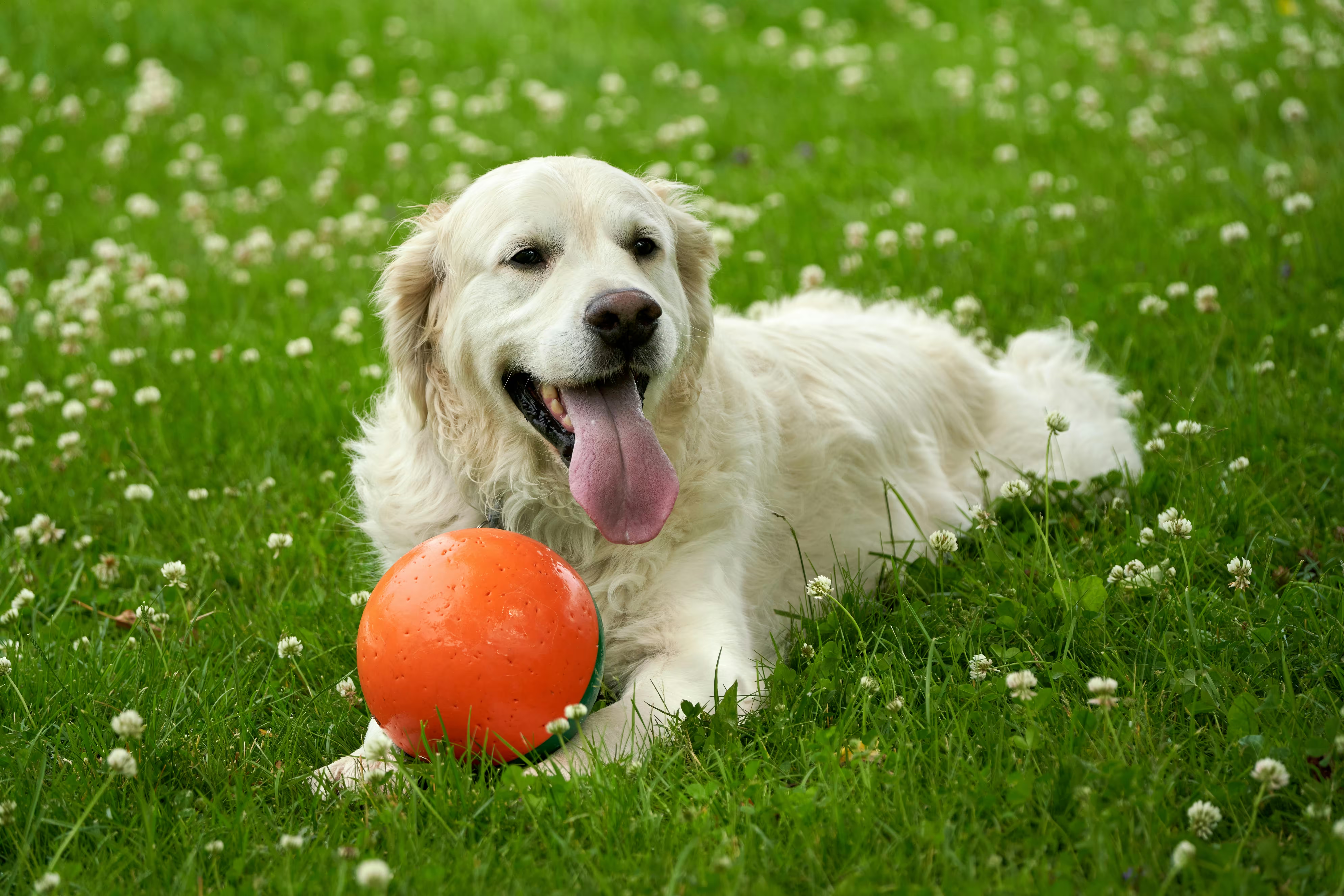
Microchipping is is essential if your pooch gets lost and you want a happily-ever-after reunion. But it’s important to make sure your microchip details are current, so check they are updated before you leave. Hang a personalised dog tag with your mobile number on your pet’s collar, so a good samaritan can call you if your dog wanders off, without involving a vet or the pound. You can also invest in a wearable GPS smart tracker, paired to a phone, which will keep tabs on your canine companion.
4. Pack your dog’s usual food
Going on a caravan or camping trip is exciting and comes with lots of new things for your dog to get used to. Pack plenty of their favourite snacks and food so they don’t get an upset tummy or too stressed in unusual surroundings. Depending on where you venture, you may not be able to buy your dog’s regular food during your trip. Make sure your dog always has access to fresh water.
5. Take your dog’s bedding from home
Anxious dogs will be unsettled in a new environment so make sure you bring a familiar bed or blanket from home, as well as some favourite toys. Ensure your dog has somewhere safe and secure to sleep – whether that’s at the foot of your bed in the caravan or in a ventilated, shaded kennel outside. Just ensure it’s protected from the elements and wild animals, including snakes.
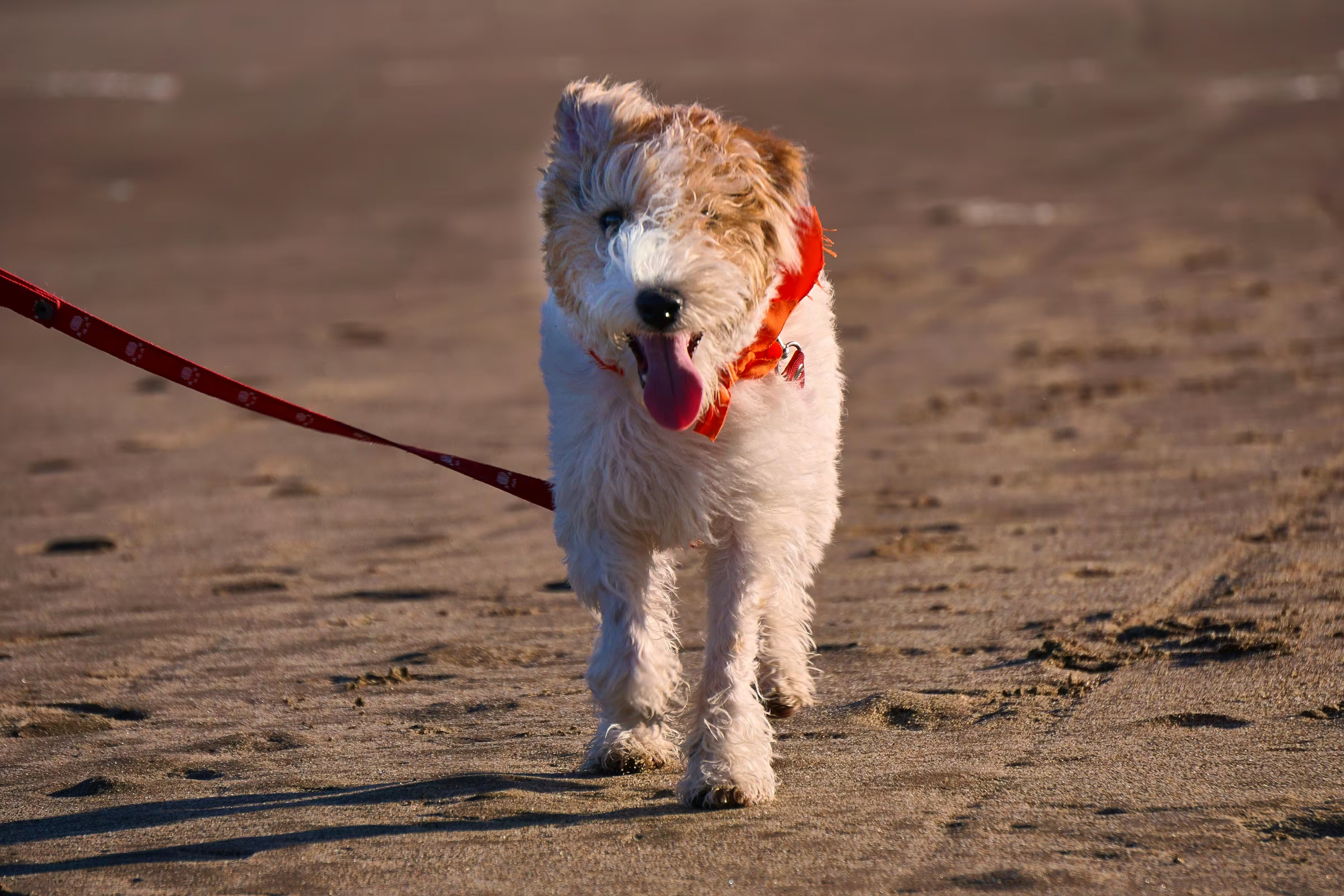
6. Camp smart
Dogs are not welcome everywhere. Pets are prohibited in national parks and there are many reserves, caravan parks and campgrounds off-limits to fur babies. You will need to plan your trip, carefully select your accommodation and be prepared to sometimes pay more (or even a bond) to have your pet stay overnight. There are times when you may need to leave your pet to explore a national park. Don’t leave them unattended for long periods in your caravan park or camper. It’s better to book a pet sitter or put them in doggy daycare. Ask around at the caravan park if there’s someone who can mind your dog (you can reciprocate), or enquire at the local vet about sitters.
If you are heading into a national park for a few days, you will need to find suitable accommodation for your doggo. Try Mad Paws, a national community of pet sitters with a vetted database of more than 55,000 minders who can take care of your dog for a few hours or a few days, for a fee. Rates start at $16 a night, fully insured, and you can meet your pet sitter before you commit.
7. Buy a muzzle to prevent poisoning
The internet is riddled with heart-rending stories of people who have lost a beloved family pet to 1080 baits. While controversial, these baits are widely used to control pests on private and public land. A dog can snaffle a bait without you even noticing; there is no antidote and they suffer an agonising death. Mouth muzzles should be used anywhere you suspect baits may be laid (there are often warning signs but not always). Even considering muzzling your dog for quick on-lead wee stops.
8. Use a restraint
Nothing brings more joy than watching your dog run free, discovering new scents, making doggo friends and marking their territory (we’re looking at you, boys). But not everywhere is safe or appropriate to let your dog run free, especially in caravan parks and campgrounds. To keep your dog safe and prevent them from upsetting your neighbours, invest in a long dog lead with a stake. They are cheap and will give your dog a bit of extra rein to explore. You can also buy a portable dog enclosure or inflatable fence.
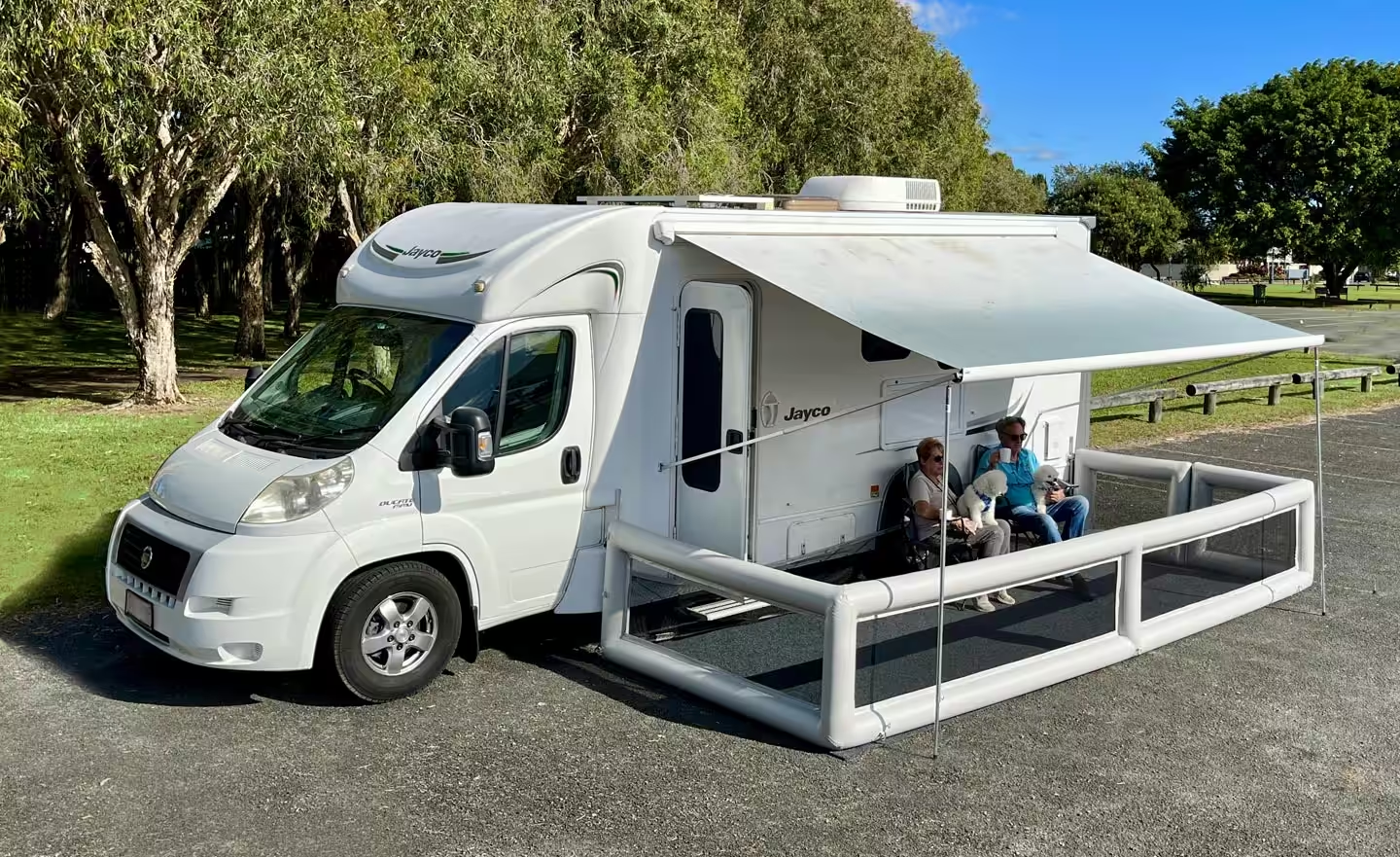
9. Plan ahead
Dogs need rest breaks and time to stretch their legs too! Make sure you plan your journey around a suitable rest top where your dog can have a run, a drink and enjoy a snack. Check out if any of the towns you are passing through have an off-lead park or beach. If not, is there a good on-lead walk where you can both get the blood circulating and enjoy some fresh air?
10. Pack a zillion poop bags!
You won’t have the luxury of a backyard where poop can wait to be picked up later. Make sure you have a hefty stash of poop bags so you can clean up after your dog does their business. It doesn’t matter whether you’re at a caravan park or a roadside rest area, you should always be a responsible pet owner and pick up their doo-doo. No one likes stepping in dog poo!


